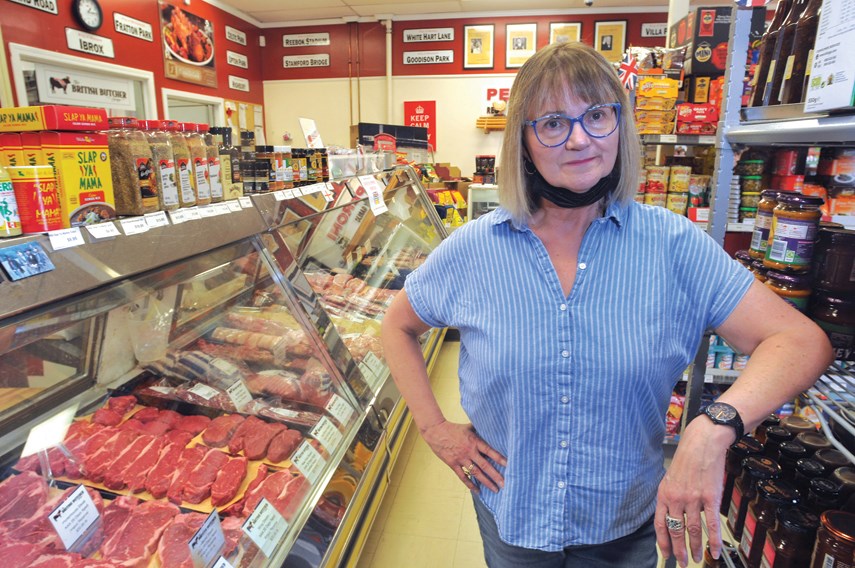As businesses on the North Shore reopen more fully this summer, many are facing a new kind of challenge – serious staffing shortages.
“We’re hearing a lot about that from all different sectors,” said Patrick Stafford-Smith, chief executive officer of the North Vancouver Chamber. “I’ve heard countless people say it’s tough for me to find employees.”
Stafford-Smith said the staffing shortage appears fuelled by several factors.
In some hard-hit sectors like restaurants and tourism, businesses had to close or dramatically scale back operations several times over the past 18 months under changing public health orders. Some employees opted to leave the industry. “There are a lot of people who’ve just moved on to different areas of employment,” said Stafford-Smith. “There’s a real challenge getting people back.”
Many employees also took stock of their lives during the pandemic and made changes, he said – opting to move to more affordable communities or choosing options that allowed a shorter commute or more flexibility to work from home.
“People may be reassessing their desire to commute or affordable housing,” he said. “It’s a time of real change.”
Jason Forbes, president and chief operating officer of Tap & Barrel, which operates several pubs and restaurants, including the one in North Vancouver’s Shipyards District, said staffing challenges definitely got worse during the pandemic. Some skilled kitchen staff left the business during the series of shutdowns, he said – some of them moving into areas like construction.
And while his restaurants haven’t had to shut down on certain days or close early – like some other businesses – “it has held us back from opening full restaurants.”
That can be frustrating for customers who face a wait list but see sections of the restaurant that aren’t open, he said.
“It’s definitely been a tough run on the staff side of it.”
Ian Tostenson, the North Vancouver-based president of the BC Restaurant and Food Services Association, estimates the restaurant industry has lost about 45,000 of its approximately 190,000 staff during the pandemic.
Some people chose to stay home and collect widely-available government assistance, supplementing that through fewer working hours, he said.
Others went to work in business like grocery stores, which stayed open as essential services during COVID.
Programs which hired skilled temporary foreign workers from other countries also took a beating during the pandemic, he said.
Other sectors are also feeling the staffing squeeze.
Kathryn Davenport, who operates the British Butcher Shoppe on Queensbury, has always prided herself on paying her staff above minimum wage, offering employees a good benefit package and deep discounts on food.
But finding enough staff has been “absolutely brutal” she said – even for positions requiring few skills or experience.
“Part of it is that the government is handing out free money,” she said.
But another big factor is the lack of affordability on the North Shore.
One of her former employees who was “awesome” left after both he and his fiancée got jobs out in Langley.
Lack of transit options for workers to get to North Vancouver is another big headache, she said. “Transportation is huge.”
“It’s extremely frustrating,” she said.
Some businesses are finding themselves busier than ever as the pandemic wanes – and scrambling to hire.
At BlueShore Financial, the company put the hiring of 25 additional positions on hold during COVID. But now, the company is looking to hire again – at the same time as everyone else – as business at the credit union has surged. First it was with the number of requests for loan deferrals and small business loans during the early days of the pandemic. More recently, it’s been with business generated by the white-hot housing market, said Lori Howe, senior vice president of human resources for the company.
But when it comes to skilled financial services jobs, “we’re seeing fewer applications for some positions.”
The dynamic is different as well, she said.
“It used to be that we were the ones asking the questions,” she said. But these days, frequently job candidates are the ones asking about flexible working situations, and COVID safety protocols.
“It’s a completely different world out there.”




